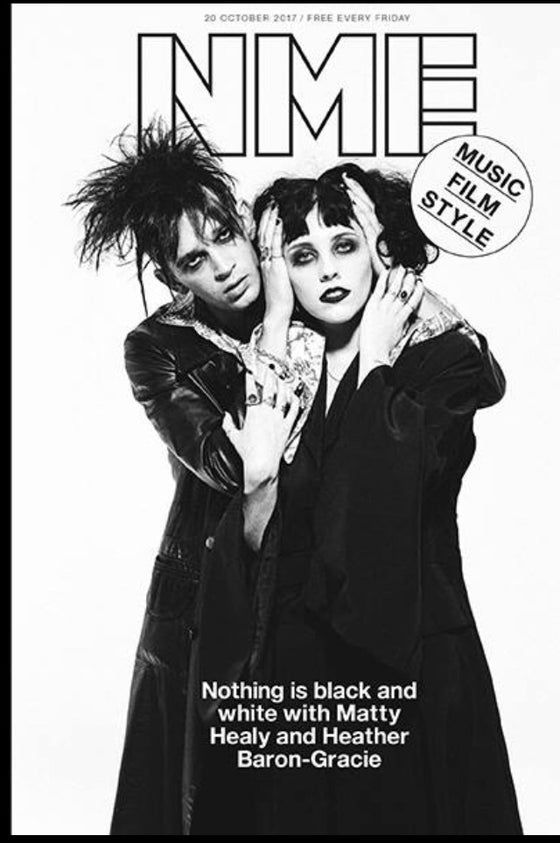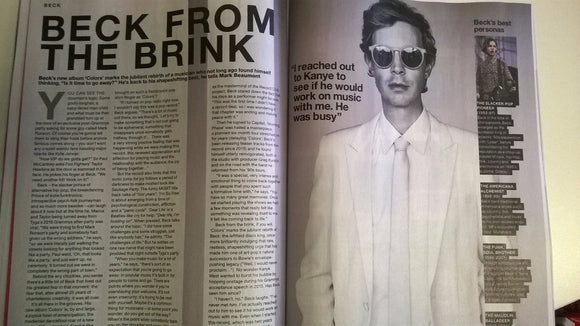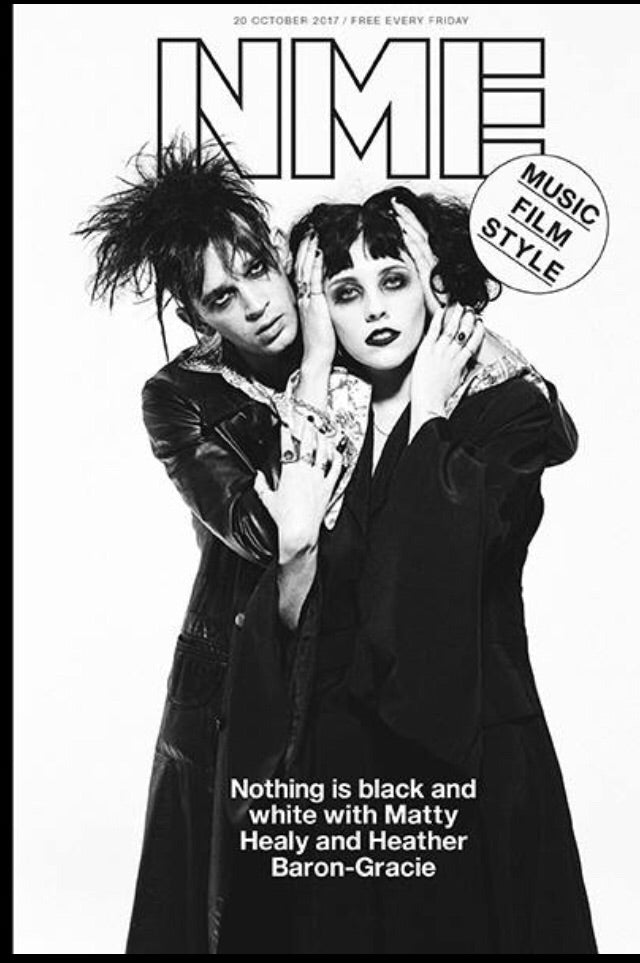Welcome to 1975...
NME’s Charles Shaar Murray is not wrong when he surveys from behind aviator shades a show at CBGB where Patti Smith is supported by Television and declares in his review: “something is happening”.
It certainly is. Smith and her band are channelling currents that have been swelling in New York for the past couple of years, creating something in the slipstream of Bowie, Alice Cooper and the New York Dolls – a happening simultaneously local and international, primal and intellectual. Pete Townshend thinks rock is on the way out, and by the end of the year, plenty will agree with him.
On the world stage, meanwhile, our cover stars Led Zeppelin dominate the year. The band cause riots in the USA, and conquer London with their Earl’s Court show. They release Physical Graffiti, an album in the format best suited to their heft: a double.
This is the world of The History Of Rock, a monthly magazine that follows each strange turn of the rock revolution. Whether in sleazy dive or huge arena, passionate and increasingly stylish contemporary reporters were there to chronicle them. This publication reaps the benefits of their understanding for the reader decades later, one year at a time.
In the pages of this 11th issue, dedicated to 1975, you will find verbatim articles from frontline staffers, compiled into long and illuminating reads. Missed an issue? You can find out how to rectify that on page 144.
What will still surprise the modern reader is the access to, and the sheer volume of, material supplied by the artists who are now the giants of popular culture. Now, a combination of wealth, fear and lifestyle would conspire to keep reporters at a rather greater length from the lives of musicians.
At this stage, though, representatives from New Musical Express and Melody Maker are where it matters. Watching Bob Marley convert the USA. Hearing how Ozzy Osbourne shot his cat. Doorstepping the Rolling Stones in Montreux.
“What are you doing ’ere?” they asked then. Now, of course, they know.













